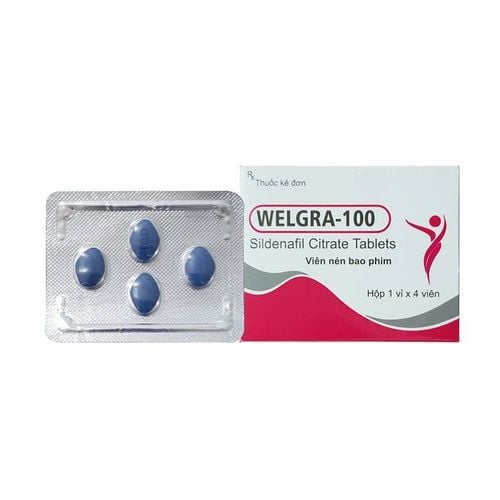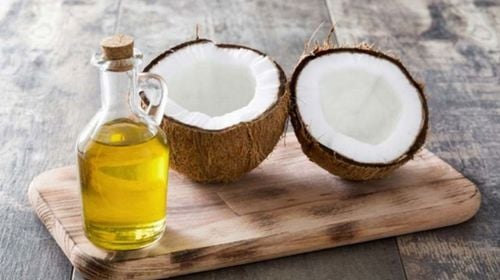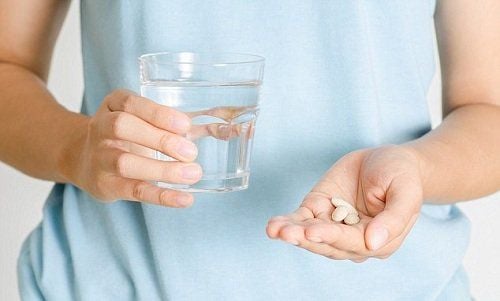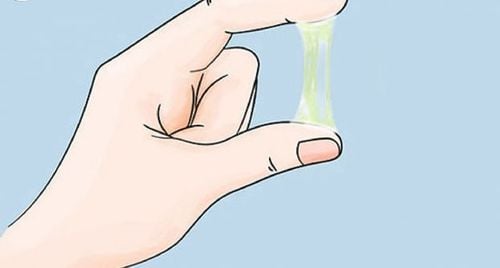Lubricants are commonly used to reduce friction and enhance comfort during sexual activities. They come in various flavors, including green apple, cherry, vanilla, and more, which may resemble beverage flavors and seem edible. However, regardless of whether a lubricant is flavored or unflavored, it is essential to choose one that is safe for oral consumption. A lubricant that is not safe to ingest is also not safe to use near or inside the vagina or anus. In this article, we will provide useful information on why it is crucial to ensure that your favorite lubricant is edible and how to do so.
1. What are lubricants for sex?
Personal lubricants (commonly known as lubricating gels) are used to protect against dryness and friction during sexual intercourse or during certain medical procedures such as ultrasound or when using rectal or vaginal suppositories.
Personal lubricants come in two main forms: water-based and silicone-based, along with a less common oil-based form.
Water-based lubricants are quite common and contain several additional ingredients such as:
- Preservatives and antimicrobials (methylparaben). Since water promotes the growth of microorganisms, the use of preservatives and antimicrobials helps inhibit their growth and prevents the product from vitilating.
- Humidifiers: Humectants act to prevent water from evaporating too quickly. The two most common humectants used are glycerin and propylene glycol.
- Thickeners: These are generally based on the properties of cellulose and are not toxic to the human body.

Silicone-based lubricants are generally harmless if used properly or if small amounts are swallowed because the silicone is not absorbed into the body.
Oil-based lubricants can be made from a variety of oils and can also be marketed as massage oils. They are less common because they are not easy to wash off after each use and are not compatible with some condoms, increasing the risk of condom breakage, leading to unwanted pregnancy in couples practicing family planning, or increasing the risk of other sexually transmitted diseases.
In addition, all lubricants, whether water-based, oil-based, or silicone-based, contain a myriad of additional ingredients in varying amounts depending on the manufacturer's intended purpose. For example, adding peppermint oil, caffeine, capsaicin (a chemical compound found in chili peppers), or niacin for a tingling effect, or adding an anesthetic such as lidocaine or benzocaine for numbness, or adding various flavorings.
2. Safety and side effects of lubricants for sexual intercourse
Side effects from personal lubricants depend on the specific ingredients, the concentration of these ingredients, their content, and the route of exposure of these ingredients to the body. When used as recommended by the manufacturer - whether vaginally, penile, or anally - personal lubricants are generally safe and well tolerated. Some ingredients may cause irritation or sensitization in some people, but these reactions are not so strong that they can be life-threatening.
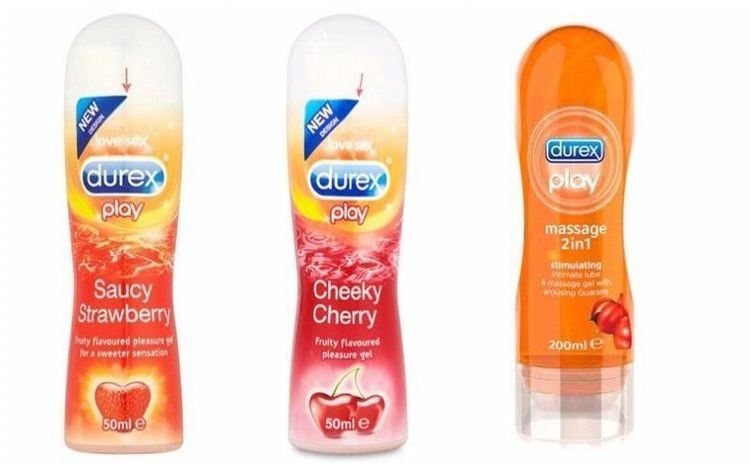
Some studies have raised two concerns about the use of personal lubricants:
- The first concern is in regard to the glycerin and propylene glycol in personal lubricants. Glycerin and propylene glycol contribute to the osmolarity (a certain concentration compared to water) of the product. If the osmolarity is high, the lubricant can pull water from cells (e.g., those that make up the lining of the vaginal wall), causing the cells to contract, which can lead to irritation. Irritation of vaginal or anal tissue can increase the risk of sexually transmitted infections (STIs). Further research is needed to fully understand the seriousness of this effect (since personal lubricants are not listed by the Food and Drug Administration for drug use and there have been no rigorous studies done in humans), and this risk must be weighed against the risk of tissue damage from insufficient lubrication, which can also increase the risk of STIs.
- The second concern is the pH of the product. A neutral pH is generally considered to be 7. The lower the pH, the more acidic the product is. The higher the pH, the more alkaline it is. A healthy woman’s vaginal pH ranges from 3.8 to 4.5. There is concern that if the pH of a personal lubricant is not in line with this, the lubricant may upset the balance of healthy vaginal flora leading to an imbalance of flora, killing off beneficial bacteria and allowing harmful bacteria to flourish, leading to vaginal infections.
- Ingesting a small, unintentional amount of personal lubricant is unlikely to cause anything dangerous to health, except for some people experiencing mild stomach upset. However, it is important to note that each product is different in its composition and the amount ingested determines what symptoms, if any, occur. For example, there is a concern about toxicity if personal lubricants containing lidocaine or benzocaine are misused or ingested.
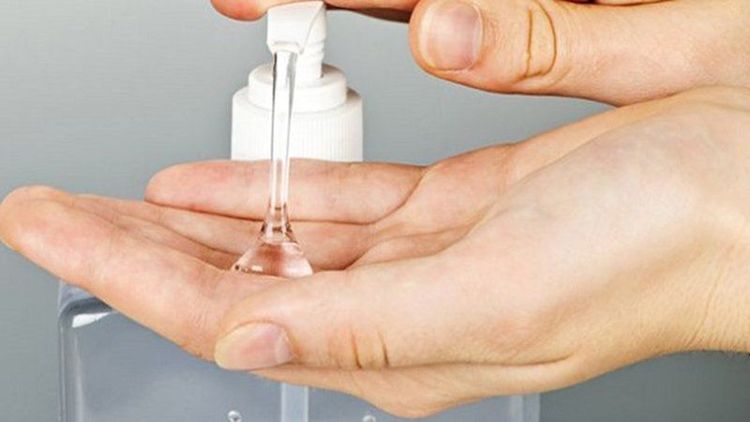
If swallowed, oil-based lubricants can cause nausea, vomiting, and diarrhea. If inhaled, they may lead to choking, coughing, and other respiratory issues.
To prevent side effects or poisoning from personal lubricants, always follow the manufacturer's instructions for proper use, including guidelines on application and storage after use. If irritation occurs, stop using the product and consult your primary care physician. Additionally, keep lubricants out of reach of children and pets, and store them in their original containers.
Personal lubricants are commonly used in various activities, including medical procedures and to alleviate dryness and friction during sexual intercourse. These lubricants come in many types and are generally safe when used correctly. The most common side effect is mild irritation. Lubricant poisoning is rare and depends on factors such as the specific ingredients, concentration, quantity, and the method of exposure. To minimize the risk of side effects from lubricant gel, always adhere to the manufacturer's instructions found on the product packaging.
To arrange an appointment, please call HOTLINE or make your reservation directly HERE. You may also download the MyVinmec app to schedule appointments faster and manage your reservations more conveniently.
References: healthline.com, poison.org
MORE:
Vaginal lubricants: What you need to know Is lubricant in condoms harmful? Is it safe to use condoms?




